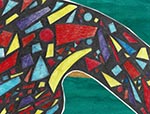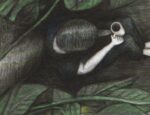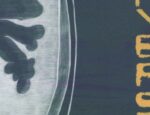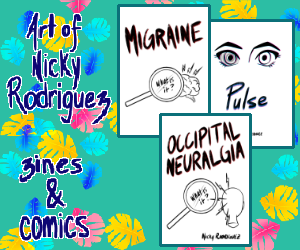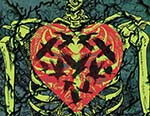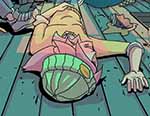It is pure coincidence that Lily Thu Fierro and Generoso Fierro’s Chua — the third and final part of what they call their ‘scientist/subject triptych’ — arrives alongside a new report on billionaires attempting to live longer. Based on an episode of the BBC Radio 4 series, the report in question refers to these rich folk as ‘longevity superstars’ who have been funding significant research on the first ‘post-humans.’
For those paying attention, this has been playing out for a while. There’s the mysterious UK-based Altos Labs, for instance, allegedly backed by Silicon Valley billionaires and staffed by scientists, set up with an aim to rejuvenate human cells. As reporter and psychologist Aleks Krotoski recently pointed out, this is all in keeping with the notion of technological singularity, exploring how technology can merge with humanity to create a post-human existence.
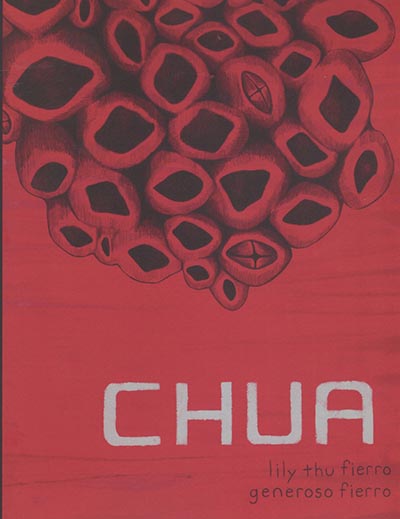
Chua comes with echoes of these unnerving ideas playing out in the real world. It picks up a thread that began unspooling with Lily Thu and Generoso’s debut, Vessel, and continued with Inversion. Like those books, this finale too deliberately eschews traditional narrative approaches, aiming instead for pages where word, idea, and image merge as succinctly as possible. Also like the earlier books, Chua continues to be a warning of a kind, about the moral implications of questionable scientific exploration on the future of humanity.
Vessel, set in 2062, focused on a woman named Kim and how her memories had been hijacked by scientists with mixed results. Inversion, set in 2079, focused on a mission named Europa that involved a researcher and his subject (or respondent) named Phoung Do. Part three uses the same tropes but feels like a prequel given the subtle references to our own time. Scientist Thao Nghi, presumably of Vietnamese origin, has decided to resign from her role. The person she works with, tellingly named Professor Saver, is left to make sense of her choices outside of the narrative’s arc.
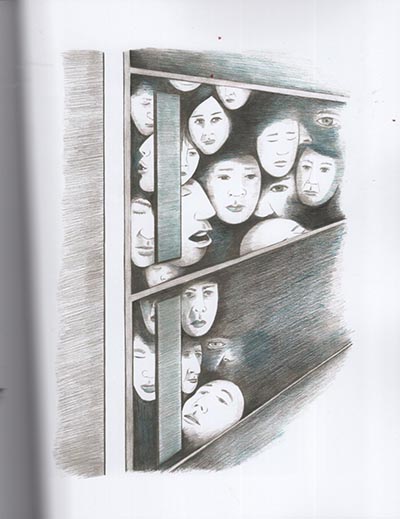
Nghi is on the cusp of a discovery that leads to what can be interpreted as either an erasure of her identity or the creation of a new lifeform. Either way, it is terrifying and oddly prescient, saying more with hints and subtle nods than lines of dialogue presumably would. This is also what makes Lily Thu Fierro and Generoso Fierro’s work such a joy to behold, because they are that rare beast: writers and artists completely in sync; it’s impossible to pinpoint where one’s ideas end and the other’s begin.
As for the title, unlike the two preceding works, there are no solid clues. Could it refer to the Northwest region of Tủa Chùa in Vietnam, an Asian sour soup, an electrical circuit that exhibits chaotic behaviour, or a prosperity goddess? The fact that any and all of these interpretations can be coerced into some semblance of clarity is characteristic of how Lily Thu and Generoso operate, using powerful and recurring symbols to say what words do not.
Chua may bring this strand of storytelling to a close, but we hope it prompts them to take on new themes and come up with more tales of wonder.
Lily Thu Fierro and Generoso Fierro (W/A) • Self-published, $25.00
Review by Lindsay Pereira





